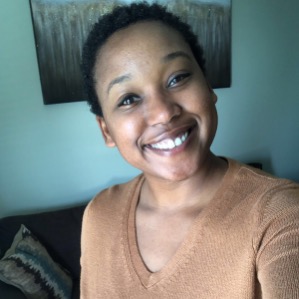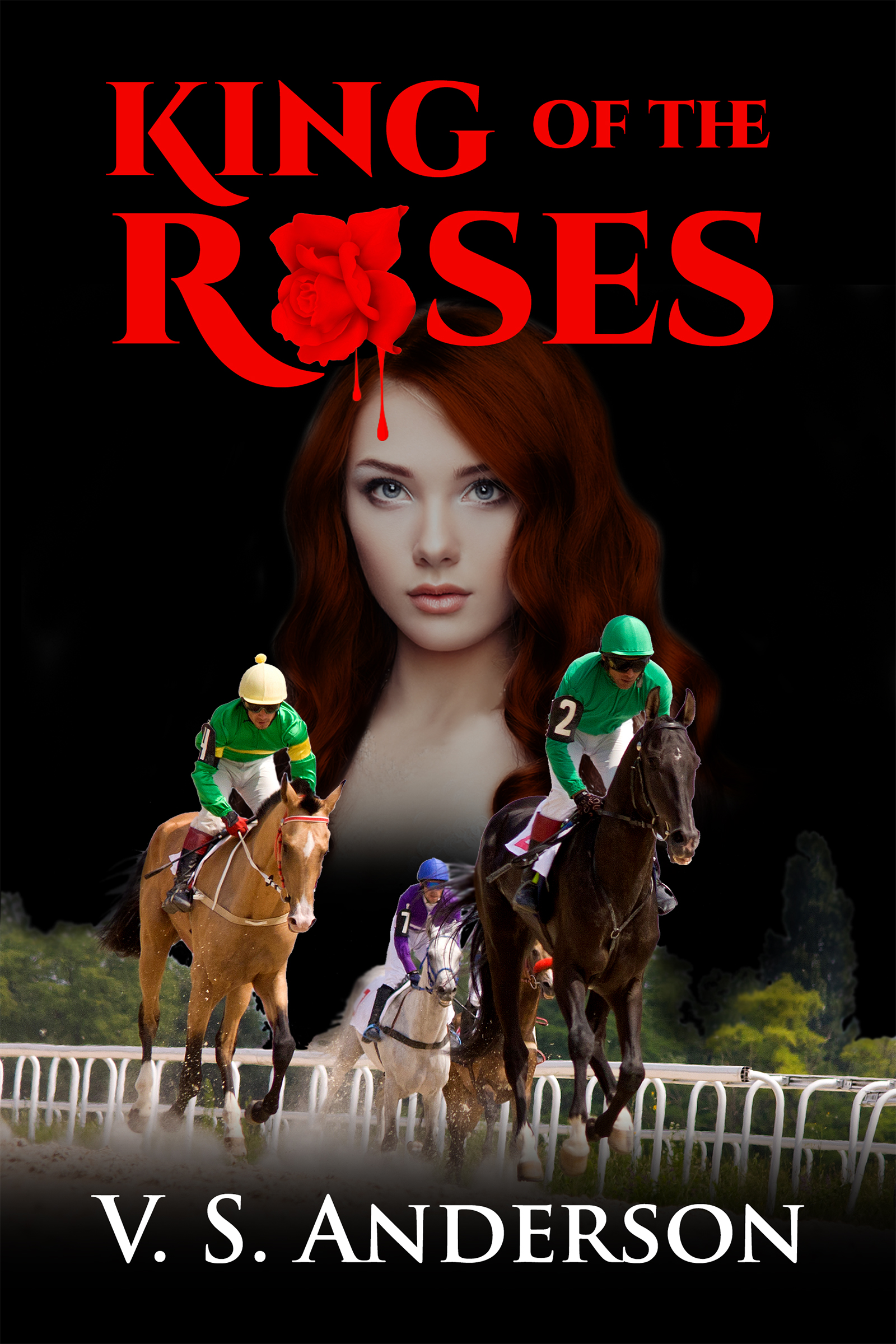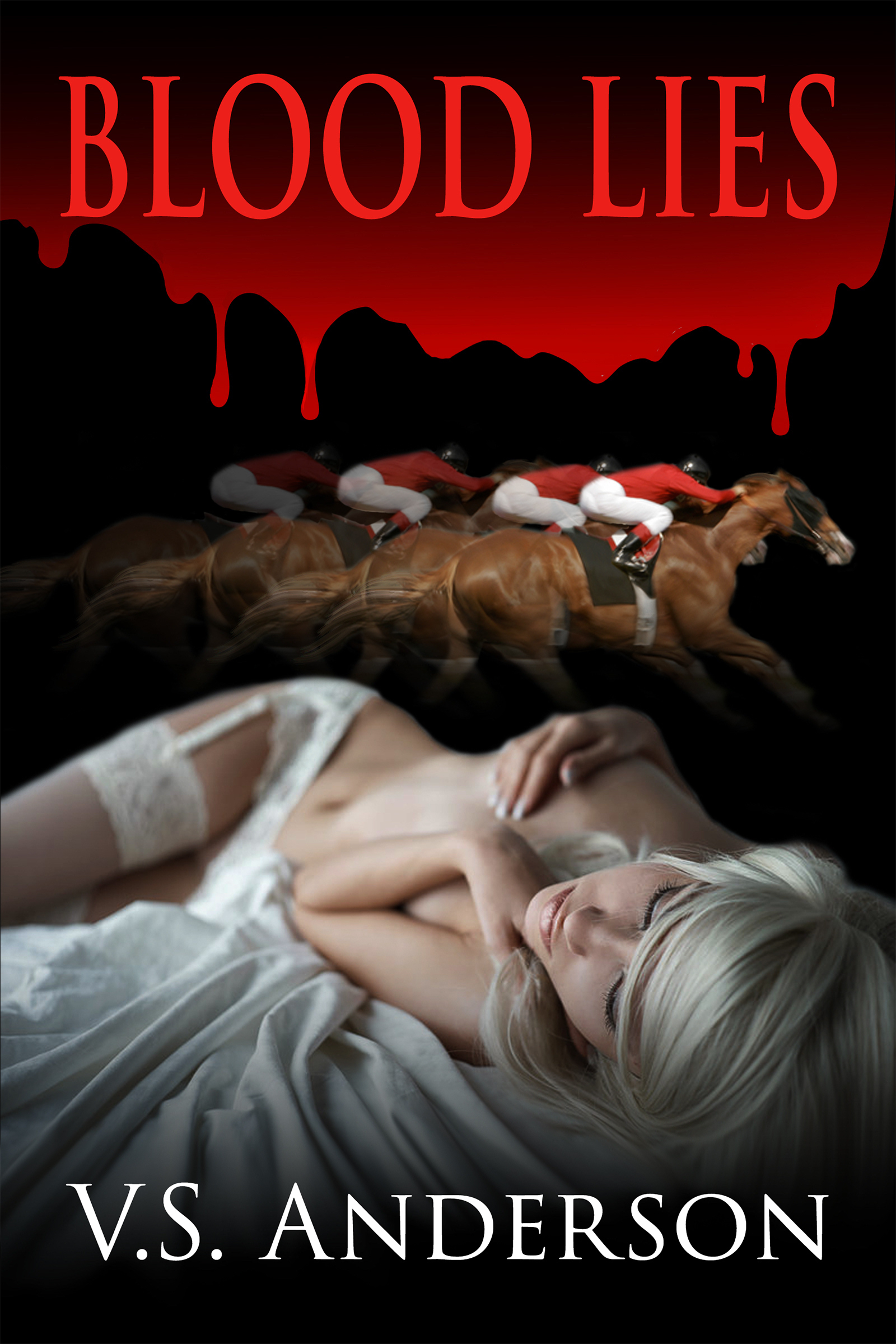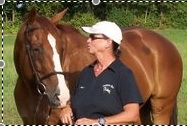 Here’s a great article for you punctuation police to agree or argue with. My personal favorite is the comma. Used intelligently, commas are wonderful signposts that tell readers which part of a sentence they’ve stumbled into—and then help them make their way out again. I like commas so much I wrote an entire post about them.
Here’s a great article for you punctuation police to agree or argue with. My personal favorite is the comma. Used intelligently, commas are wonderful signposts that tell readers which part of a sentence they’ve stumbled into—and then help them make their way out again. I like commas so much I wrote an entire post about them.
If comma rules confuse you, take heart! If improving reader comprehension is your goal, there are really only a few “rules” to remember:
Use commas:
- After introductory elements.
This is the one most people seem to know about. But I argue that commas are really only necessary when the introductory element gets long enough that readers may miss the lane change back into the main part of the sentence.
So:
After a moment he left the room. (No comma needed unless you want to emphasize a pause.)
But:
After he spent an extended vacation in a remote village in the Alps, where did he go next? (The comma lets readers know that “where” begins a new clause.)
- Around “interrupters,” including non-essential modifiers.

I think this one is the most confusing for many writers.
Short interrupters can be easy to spot:
Jane, however, did not go with him to the Alps.
Non-essential modifiers are elements that can be lifted out of the sentence without compromising its meaning or purpose.
The old car, which was a lot like the one my grandfather used to drive, had been repainted bright blue. (The rule here, and it is a rule, is either two commas or none. You need that second comma to signal the return to the main clause.)
Here’s an example of an essential modifier, one that can’t be lifted out without turning the sentence into nonsense. (I often see commas inserted into constructions like this.)
Author Stephen King wrote a lot of books.
Note: no commas. Now try it without the essential modifier, in this case an appositive:
Author wrote a lot of books.
- Direct address (this is also a rule, not an option):

Hi, Mr. Smith.
Did you buy bread at the store, Louise?
Louise, did you buy the bread?
- Before “and,” “but,” etc., if you have more than two items. (This is the Oxford or serial comma Pinker discusses in the article I’ve linked to, and his examples of the power of this punctuation mark are good ones.)
If you have only two items linked by “and” or “but,” you have a compound and don’t need a comma, as in this sentence (and note the comma after the introductory clause).
- Before the “and” or “but” if you’re joining two complete sentences.
I’d argue this is a judgment call, but again, as in this sentence, judicious use of the comma in a compound sentence like this one can provide valuable information about which part of the sentence a reader has ventured into.
{Note commas after the introductory element and around interrupters in this sentence. Commas can keep those elements distinct, so that they make sense.)
That’s five “rules” to absorb—not really so many. Rule Number Six: if one of those five rules doesn’t apply, DON’T INSERT A COMMA. No commas between subjects and their verbs, no commas after “and” or “but,” and so forth. List the five rules and check your questionable comma to see whether one of these applies*:
- After introductory elements
- Around interrupters
- In direct address
- Before “and” or “but” in a list of three or more items
- Before the “and” or “but” in a compound sentence (two complete sentences joined with a coordinating conjunction like “and” or “but”**).

*There are some “conventional” rules for commas that don’t really affect readers’ comprehension, such as the comma that should follow the name of a state (“Austin, Texas, was his home.”) or the ones before and after the year in dates. Any handbook will answer your questions about those minor comma uses.
**There are actually a number of coordinating conjunctions in addition to “and” and “but,” and the rule applies to them as well, but I didn’t want to muddy the waters too much. The other coordinating conjunctions you’re likely to use include “for,” “nor,” “or,” “yet,” and “so.”
Chris The Story Reading Ape's Blog
 on The Write Life:
on The Write Life:

 Over the weekend, you might have seen a writing-and-money topic trending on Twitter,
Over the weekend, you might have seen a writing-and-money topic trending on Twitter,  Twitter is one tool in an author’s bag that can, if used effectively, be utilised to assist in the building of your author platform, which you hope ultimately will result in book sales, plus it’s a great way to make a connection with influencers or to speak to your readers. But a question that was raised in my mind, was:
Twitter is one tool in an author’s bag that can, if used effectively, be utilised to assist in the building of your author platform, which you hope ultimately will result in book sales, plus it’s a great way to make a connection with influencers or to speak to your readers. But a question that was raised in my mind, was: Here’s
Here’s 



![By Xpogo (Own work) [CC BY-SA 3.0 (http://creativecommons.org/licenses/by-sa/3.0)], via Wikimedia Commons Xpogo_Rio](https://justcanthelpwriting.com/wp-content/uploads/2016/06/xpogo_rio.png)




